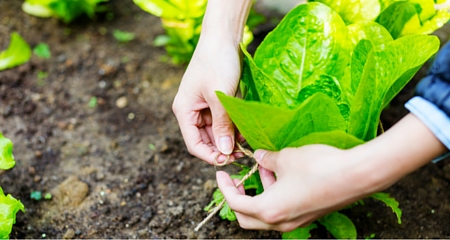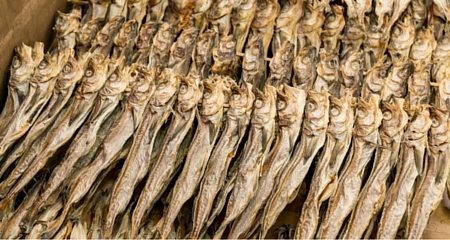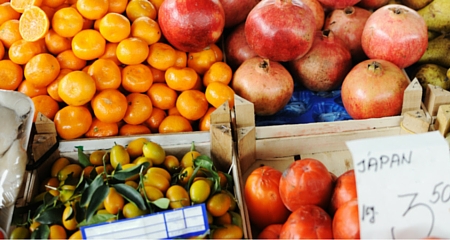Benefits of Urban Agriculture
Urban agriculture has been receiving a lot of attention for the ways in which it is changing the food systems of modern societies. In most Western countries, about 80% of the population will live in or around metropolitan areas. However, the majority of the farmland is far off in the more rural areas of the country. This creates a situation where most of the food is grown in locations that are increasingly remote from the larger portions of the population.

While this system has been the standard for some time, the problems with this model are becoming increasingly apparent. Food that has to be trucked in or transported on an airplane will not be as fresh and it comes at an increased cost due the rising prices of fuel. Additionally, the entire chain has a larger carbon footprint because of all of the fuel that is being consumed for the hefty logistics operation that is required to maintain such a system.
Farmin' in The Hood 2
Methods for preserving food
When you preserve foods at home, it gives you the opportunity to stock a range of different foods that will stay good for a long time. Of course, you can buy foods that have already been preserved, but many of the industrial preservation methods employ the use of chemical preservatives or techniques that can impact the quality of the food. With many of the traditional and natural food preservation methods, you can preserve your own healthy foods that will be of a much better quality than those that have been treated by industrial processes.

Freezing
Storing the food at a freezing temperature is one of the best methods for food preservation. At low temperatures, the growth of bacterial life is inhibited and when these temperatures drop below freezing, the growth is effectively stopped altogether. Many foods can be frozen as they are and some may require a level of preparation.
Mexico Aquaponics Build
Organic food or conventional- which is healthier?
When it comes to the food choices that we make, there is a lot to consider; certainly, much more than in centuries past, when finding enough food to eat was enough to worry about for the vast majority of people. However, food is much more available today than it has ever been and this has opened up a wider range of opportunities for people to make dietary decisions.

In these decisions that we have, there is the consideration of food quality and the health benefits of different foods. Whether an individual is making a smoothie or looking to prepare a gourmet meal, chances are that they want to select the best ingredients possible and this leads to an issue that so many people will face when they are making their food purchasing decisions. This issue is the question of whether organic food is healthier than purchasing the more common conventional product.
Reducing the carbon footprint of coffee
Coffee is without a doubt one of the most popular beverages in the entire world. People drink all kinds of different coffee drinks and there are thousands of businesses that are built around the production, distribution and sale of the beans that are needed to make these drinks.

The vast majority of the coffee supply is grown in tropical climates near the equator, but much of this product is shipped off to distant locations for coffee lovers in places like Australia, Europe and North America who love to make a morning espresso. This necessity to transport the beans over great distances gives the average cup of coffee a rather large carbon footprint.
What is Fair Trade Food?
You might have heard of the term "fair trade" but, like many people throughout the world, you simply don't know what it is. You probably know that it's important though, as even the name suggests that it's something you should certainly care about. Well, this article is designed to let you know all about this fantastic concept, from what it does, all the way through to the people that it helps.

Essentially, fair trade food is a scheme designed to help the poorest farmers and farm workers of the world, who are often completely ripped off for their produce. What's more, the workers at these farms can work in horrific conditions, with no health and safety, and only get paid minimal amounts of money each day. When you see a product with a Fair Trade sticker though, you know that the producers – and their staff – are being treated fairly, and really working towards building a better community.